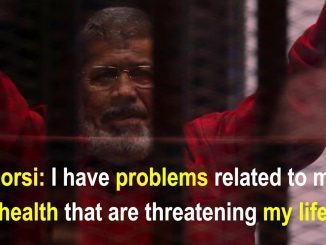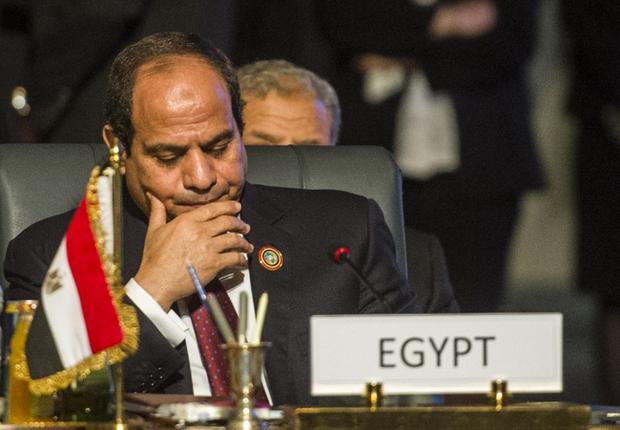
A judicial source unveiled that the Supreme Judicial Council, headed by counselor Ahmed Gamal al-Deen, has taken important decisions this week that included the referral of 46 judges to the judicial inspection department at the public prosecution.
In addition, the Supreme Council decided to refer 4 counselors to the Justice Ministry’s judicial inspection and to strip the immunity off 6 judges as well as referring them to the public prosecution for investigations.
The Egyptian Supreme Court harsh crackdown on judges comes in the light of Tiran and Sanafir islands demarcation agreement between Saudi Arabia and Egypt as these judges and counselors have written and expressed their views on the case.
The two Red Sea islands, which are strategically significant as they both control maritime activity in the Gulf, are located at the Gulf of Aqaba.
The Tiran Island is located in the Gulf of al-Aqaba, about 5 or 6 km from the Sinai Peninsula, and it has a total area of about 80 square km. Sanafir Island lies to the east of Tiran with a total area of 33 square km.
The source unveiled that 5 out of the 46 judges were heads of the Cassation Prosecution while the others vary in their job positions; including heads of prosecutions and courts, pointing out that most of them are youths.
The source added that decisions didn’t only include those who posted on the Facebook but it also included those shared or liked the posts as well.
He also added that there are follow-up reports that are written every now and then on the judges’ pages on the social media.
Then, these reports are presented to the minister of justice as the Supreme Judicial Council has previously circulated a periodic booklet that warned the judges from writing posts on the Facebook on any political issue.
In this context, the report presented to the minister of justice stated that 10 counselors occupying different positions have expressed their political views on Facebook regarding Tiran and Sanafir islands.
In response, the minister of justice called for an investigation into the case to see whether this incident represents a violation to the Supreme Judicial Council decree that prevents judges from working in politics.
” The minister of justice referred 4 counselors to the judicial inspection at the Ministry of Justice and a request was sent the Supreme Judicial Council to assign a judge to investigate with the other 6 as they occupy lower than a counselor status,” said the source.
The source continued that the judicial inspection department has already ended the investigations with the judges and issued a warning penalty against them.
On the other side, the Supreme Judicial Council has found that the 6 judges have committed a crime and decided to strip off their immunity and it referred them to the prosecution for investigation on charge of working in politics.
On his behalf, the counselor Khaled al-Nashar, the deputy of the minister of justice for the parliament and media issues, said that the Supreme Judicial Council has issued a decree that prohibits judges from working in politics as expressing their political views threatens the judicial authority and its status; in fear of being presented to a case that he (the judge) would have previously expressed his views towards it.
In 2014, the Supreme Judicial Council headed by the counselor Hammed Abdullah has released a statement that banned judges and members of the public prosecution from posting on the social media on the Internet network in order not to harm the independence, neutrality, and the power of the judicial authority, as well as its stable traditions.
Moreover, the Supreme Council has also called in a statement not to violate this ban to preserve the judicial authority’s power and independence especially in issues related to political matters or the judicial authority to maintain its power and enhance its independence.



